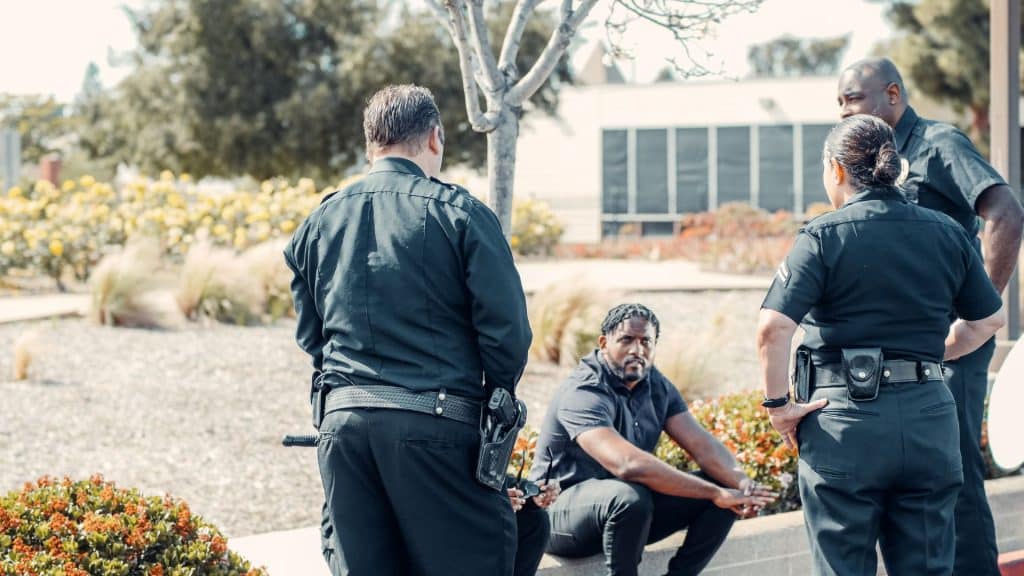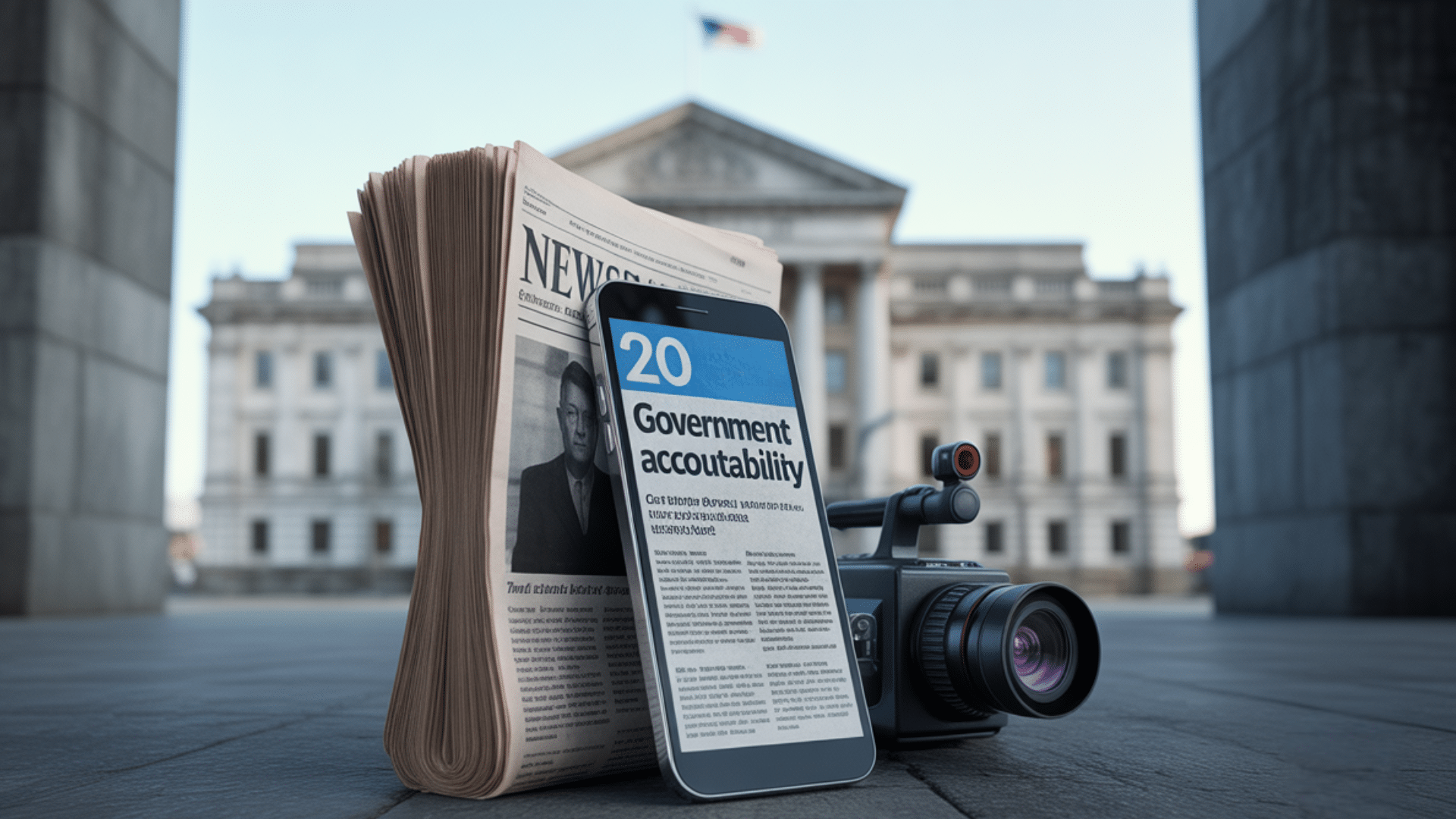Have you ever wondered what you should do if law enforcement approaches you during an investigation?
Many people feel nervous or confused when officers approach them to speak. Knowing how to handle these situations properly can make a huge difference in the outcome.
Whether you’re a witness, have information, or are directly involved, your response matters greatly. Understanding your rights and responsibilities helps protect you while supporting justice.
Good cooperation can speed up investigations and prevent misunderstandings. Poor handling might create problems you never intended.
In this blog, I’ll outline the essential steps to cooperate effectively with law enforcement.
You’ll learn about your constitutional rights, communication strategies, evidence handling, and maintaining positive relationships throughout the entire process.
Why Cooperation Matters in Investigations?
Law enforcement officers rely on citizen cooperation to effectively solve crimes and build strong cases. Your information could be the missing piece that helps identify suspects and prevent future crimes.
Cooperative witnesses often receive better protection and support throughout legal proceedings. Officers appreciate the assistance of helpful citizens and may provide case updates when legally permissible and professionally necessary.
Refusing to cooperate without valid reasons can make you appear suspicious to investigators. This perception might lead to increased scrutiny or additional questioning that could have been easily avoided.
Working respectfully with officers today helps create an environment where cooperation feels safer and more constructive for everyone in the community.
Preparing to Interact with Officers
Mental preparation before speaking with law enforcement helps you remain calm, focused, and provide accurate information during questioning sessions.
Gather Your Thoughts
Take time to organize your memories and write down important details before meeting with officers. Clear recollections help investigators and prevent confusion during interviews.
Collect Relevant Documents
Assemble any paperwork, photos, or digital records that might support your statement or provide helpful context to investigators working on the case.
Consider Legal Representation
Evaluate whether you need an attorney present during questioning, especially if you might be considered more than just a witness in the investigation.
What are Your Rights and Responsibilities?

Awareness of your protections allows you to share information confidently, without fear of creating unnecessary legal risks.
| Your Constitutional Rights | Your Civic Responsibilities |
|
You have the right to remain silent under the Fifth Amendment if your answers might incriminate you. This protection applies during formal questioning and casual conversations. Miranda rights apply when you’re in custody and being interrogated, but officers aren’t required to read them during voluntary conversations. Know these protections always exist. |
Citizens have a moral obligation to report crimes and assist investigations when possible without putting themselves at risk. This cooperation helps maintain public safety. However, you’re notlegally required to answer questions unless subpoenaed by a court or grand jury. Voluntary cooperation differs from legally mandated testimony under oath. |
How to Communicate Effectively with Law Enforcement?
Clear and honest communication fosters trust with officers, ensuring that your information is accurately recorded and effectively utilized in their investigation efforts.
Answer questions directly and completely without volunteering unnecessary details that might confuse the situation or create additional complications for yourself or others involved.
Stick to facts you personally witnessed rather than sharing rumors, assumptions, or secondhand information that cannot be verified through your direct experience with events.
If you don’t know something or can’t remember specific details, say so honestly rather than guessing or making up information that might be incorrect.
Quick Communication Tips:
- Speak clearly and at a reasonable pace.
- Ask for clarification if questions are confusing.
- Request breaks if you feel overwhelmed.
- Avoid emotional outbursts or argumentative behavior.
Expectations During the Investigation Process
Investigations move in stages, so your involvement may shift as officers uncover new evidence and seek further clarification.
Here’s what you can expect during the process
- Initial contact: Officers may reach out multiple times for clarification or additional questions.
- Follow-up interviews: Expect possible second meetings as new evidence emerges during the investigation.
- Court proceedings: You might be called to testify if charges are filed against suspects.
- Case updates: Don’t expect regular updates unless you’re a victim or key witness.
- Resolution timeline: Cases can take months or even years to reach a final conclusion.
- Evidence requests: Officers may request documents, digital records, or access to property.
How to Handle Requests for Evidence?
Officers may ask you to provide physical evidence, digital records, or access to your property as part of their investigation efforts.
Review any search warrants carefully and contact an attorney if you have questions about their scope or validity before allowing officers to access them.
Voluntary cooperation with evidence requests often receives appreciation from law enforcement, but you can decline without a warrant in most situations involving your property.
Make copies of any documents you provide to investigators so you maintain records for your own files and potential future reference needs.
Maintaining Good Relations Post-Investigation
Continuing to show professionalism after an investigation ends demonstrates reliability and may encourage officers to approach you with trust in future cases.
Continue being a good citizen by reporting suspicious activities and crimes when you observe them in your neighborhood or community areas for ongoing safety.
Stay responsive if officers need additional clarification later about your previous statements or testimony. This shows professionalism and reinforces your reliability as a witness.
Building your reputation as a trustworthy community member who supports public safety efforts can prove valuable in future interactions with law enforcement officers.
Pro Tip: Keep officer contact information in case you remember additional details later that might still be valuable to ongoing cases.
Wrapping It Up
In summary, effective cooperation with law enforcement strikes a balance between assisting authorities and protecting your own interests.
Good preparation and transparent dialogue support positive outcomes while still ensuring your rights remain fully intact.
Cases rarely resolve overnight, but showing patience and professionalism during the process enhances how officers view your reliability.
Your assistance can make real differences in solving cases and improving community safety.
These interaction skills extend beyond single investigations, establishing you as a trustworthy community member.
Investing in respectful interactions lays a foundation for smoother communication, particularly when facing future legal or safety concerns.
What challenges have you faced when interacting with law enforcement?






































